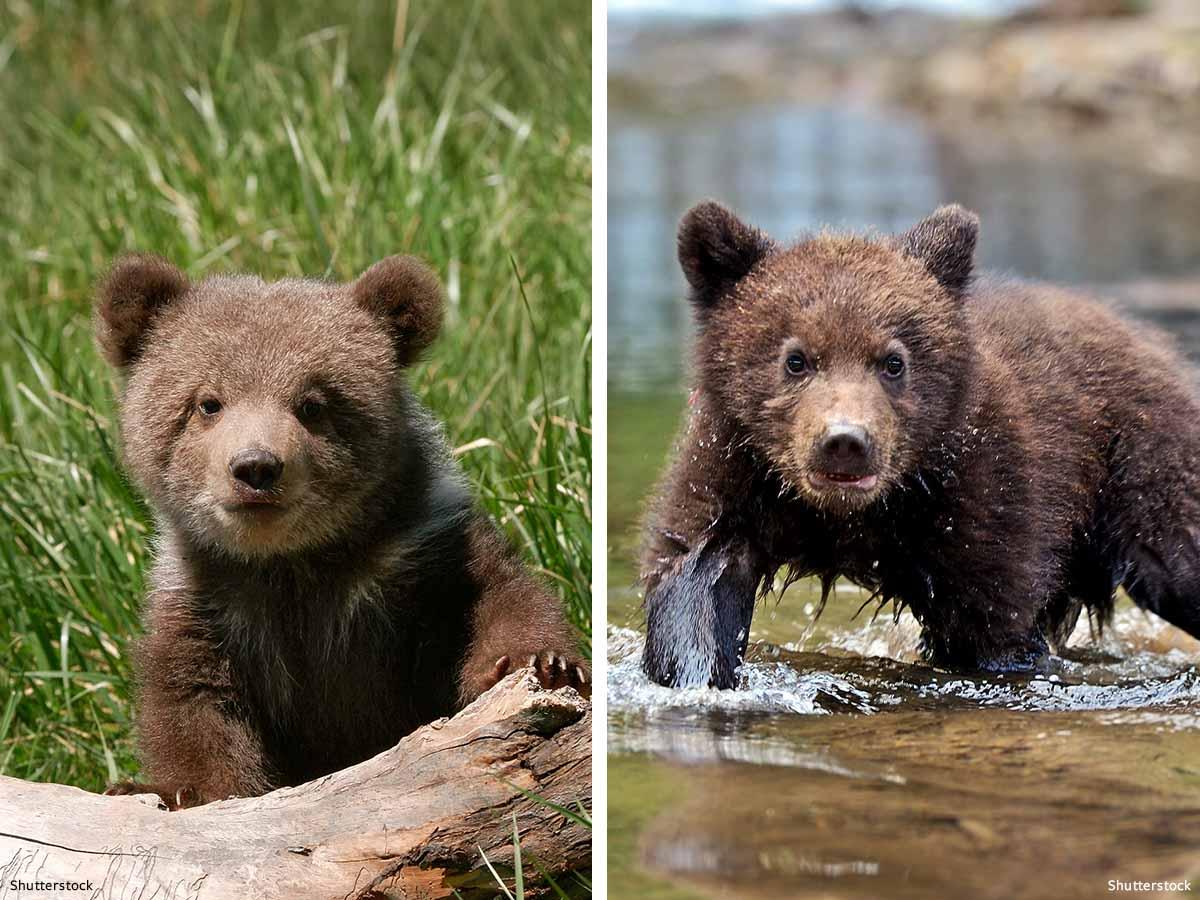UPDATE: Brutal Bear Baiting is Still Allowed Almost Everywhere in Alaska For Now
Will brown and black bears ever be safe from cruel hunting methods on federal lands in Alaska? Time will tell. The National Parks Service created a “2015 rule” during the Obama presidency stating that bear baiting is a public safety hazard. However, the National Park Service reversed its position under the Trump administration in 2020 to once again allow bear baiting on national preserves.
As a result of the policy reversal, the National Park Service (NPS) deferred to the state of Alaska's hunting regulations but this 2020 Trump-era rule lacked explanation and luckily was challenged in court.
In September 2022, a federal district court in Alaska decided that the 2020 Park Service rule made during the Trump administration allowing hunting practices like bear baiting and killing bear sows and cubs in their dens on national preserves in Alaska was arbitrary and poorly reasoned. While the courts found the rule made by NPS to be arbitrary, the courts recognized that the National Park Service has the ultimate rulemaking authority and that its rules preempt state law on Alaska national preserves. Unfortunately, however, the cruel 2020 rule remains in place while NPS and the Interior Department which oversees it revise their regulations and create their final rule.
“The 2020 rule arbitrarily and unjustifiably reversed federal regulations and undermined the very purposes established for national preserves by Congress,” says Rachel Briggs, staff attorney with Trustees for Alaska. “Any rule that leads to the manipulation of predator populations rather than the preservation of wildlife diversity undermines the health and purpose of these public lands. We would have preferred that the court had tossed out that destructive rule while agencies redo the regulations, and we hope that the Park Service will quickly fix it.”
We will keep you updated on any opportunities to submit public comments or feedback once NPS has proposed a new rule which will hopefully be at least somewhat aligned with its stated goal of protecting wild animals on federal lands.
Additionally, there are millions of acres of land in Alaska that the United States Fish and Wildlife Service (USFWS) manages that also have to do with bear baiting in Alaska.
“The National Park Service and Fish and Wildlife Service manage about 119.3 million acres (48.3 and 71.0 million acres respectively) for primary uses of resource protection and fish and wildlife conservation. The Forest Service and Bureau of Land Management manage about 97.7 million acres (19.8 and 77.9 million acres respectively) for multiple use purposes including timber production, fish and wildlife, recreation, water and mining. Management of these lands is based on priorities and compatibility among various uses.”
There is also the federal Alaska National Interest Lands Conservation Act (ANILCA) signed by President Jimmy Carter in 1980 that protects vast tracts of land in Alaska.
In July 2022, the state asked USFWS to leave hunting policies to the state and said that this decision would keep the state in compliance with ANILCA and once again asserting that the state has the authority to manage its wild animal populations, not the federal government. Unfortunately, Alaska’s emphasis is not on healthy populations of animals and is overwhelmingly focused on a mission of helping hunters kill animals instead.
Management decisions include the methods and means of hunting in the Kenai National Wildlife Refuge. It is currently illegal to bait grizzly bears in this refuge thanks to an Obama-era USFWS rule made before the related but separate NPS rule, and hopefully this won’t change.
Nearly 15,000 In Defense of Animals supporters recently signed our alert to keep and enforce the bear baiting ban in the Kenai National Wildlife Refuge. Sadly, black bears and grizzlies will continue to be hunted by unethical and monstrously cruel methods across the rest of the state as allowed under the 2020 rule for the time being.
Please stay tuned for further updates.


